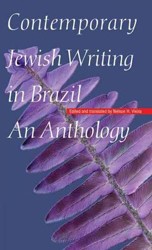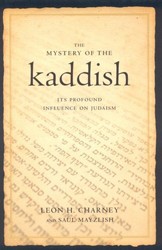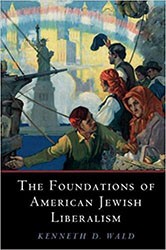Like other volumes in Koren’s Maggid Studies in Tanach, Dr. Yael Ziegler’s Ruth: From Alienation To Monarchy represents the culmination of many years in the classroom. A veteran teacher at Yeshivat Har Etzion’s affiliated College and Jerusalem’s Matan lsquo; Women’s Institute for Torah Studies, Zieger first adapted the coursework she developed over twenty years into an email course serialized by Yeshivat Har Etzion’s Virtual Beit Midrash and then into this finished product.
At 487 pages, Ruth: From Alienation to Monarchy is impressively comprehensive. It is most useful as a study companion to its subject matter, as its length makes it hard to track overarching messages from chapter to chapter, most of which retain their character as independent lectures. Many of Ziegler’s arguments also tend to be technical and detailed, requiring careful reading — and a Bible or computer handy to look up references.
Broadly speaking, Ziegler sees the Book of Ruth as a Biblical response to the Book of Judges, in which the Israelite people lacked strong, inspirational leadership and broke down socially and morally. The story of Naomi — whom Ziegler identifies as the true main character of the book — who abandons her community, loses everything, and yet finds redemption, parallels the story of the Israelites, who lose their way yet recover and come together with the rise of the Davidic dynasty. The overarching theme of hesed (selfless kindness) in the Book of Ruth teaches the values that give rise to a legitimate king of Israel, and by which that king forges a holy, moral society.
Ziegler is a product of the modern yet traditionally grounded approach to Bible study developed at Yeshivat Har Etzion and the Herzog College, where she now serves on the faculty. A well-documented introduction describes the development, methods, and aims of this approach, which, as she notes, is academically rigorous yet also looks to develop religious and spiritual meaning from the text. This comes through in the book very clearly, as do many references that, while discussed only in the context of Ruth, can easily apply to contemporary Israeli and Jewish issues.
Ziegler’s analysis incorporates both traditional and rabbinic interpretations, yet focuses on the text itself. She demonstrates throughout how Rabbinic interpretation arises organically from a close reading of the source material, often filling in gaps or picking up on literary cues and flourishes, symbolic names, and references to other Biblical stories and characters. Ziegler is also conversant with modern scholarly literature on Ruth, especially that which focuses on narrative and literary analysis. Academic sources are discussed in the extensive footnotes, keeping the text readable and accessible to a lay, Orthodox-oriented audience.
Related Content:
- Reading List: Bible & Biblically Inspired Stories
- Shavuot Reading List
- After Abel and Other Stories by Michal Lemberger





